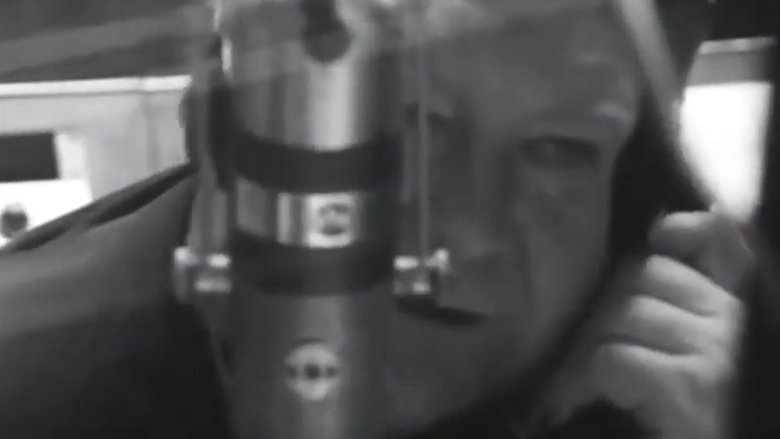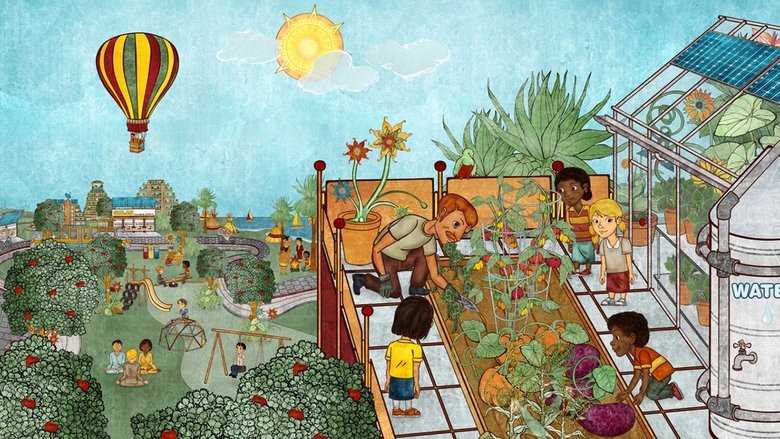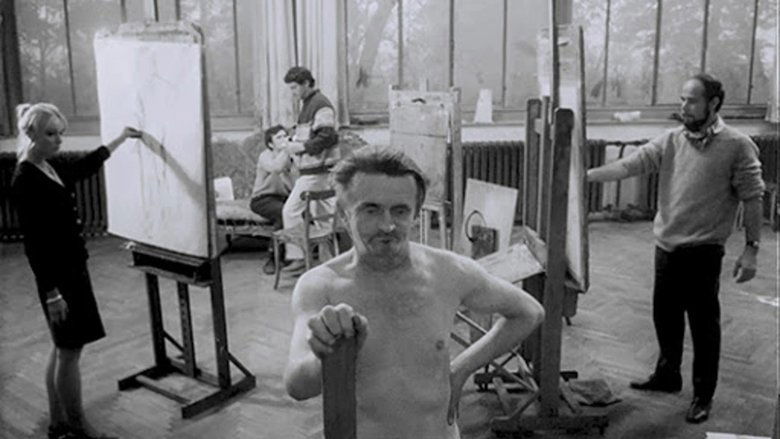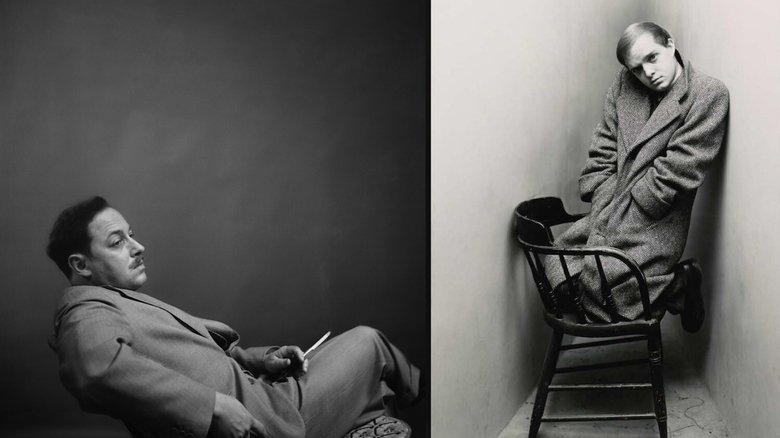Top billed cast
Marie Drážná
Milan Friedl
Miloš Hajský
Lea Šustová
Similar to O Alence a káčeti
1789 (1974)
Recording of the play 1789, a collective creation by Théâtre du Soleil at La Cartoucherie de Vincennes in 1970, edited from several shows.
Vltava po válce (1949)
A 4-year-old girl cries, lost in the city. A Soviet soldier on a ferry takes her in and takes her to her home village.

The Emperor (1967)
Comments on the background and popularity of disc jockey "Emperor" Bob Hudson, who bases his shows on the idea that radio is a fantasy.
Prefabricated Houses (1960)
A student work by Jiří Menzel, filmed during his second year at the FAMU film school. Views of old Prague and its tenement buildings, symbolizing the obsolete past, alternate with shots of construction sites for new prefabricated apartment buildings. In spite of certain unavoidable propagandistic overtones added by the director, it is notable as the beginning of his search for a “dramaturgy of colors.”

Passing Strange (2009)
A young black artist leaves his Los Angeles digs and travels to Europe to find himself. A theatrical stage production of the original Broadway musical.

2012: Time for Change (2010)
2012: Time For Change is a documentary feature that presents ways to transform our unsustainable society into a regenerative planetary culture. This can be achieved through a personal and global change of consciousness and the systemic implementation of ecological design.
Didactica Magna: Against the Grain (2012)
The film is an insight into a teacher's soul and a contemplation upon his teaching fate. This portrait of a unique, experimental filmmaker and teacher Martin Čihák takes a look at his teaching methods, his meetings with his students at FAMU and at a park where they work with film, or in his studio.

Mister Hrstka (1970)
One day in the life of Mr Hrstka, a blue collar worker and occasional pose model at the Prague academy of arts. Through this portrayal of an outsider, Paskaljevic explores the subject of isolation.
Offline (2019)
Four teenagers, everyday life, school, work and a week-long offline challenge. What do the lives of today's teenagers look like when they find themselves without an internet connection? In addition to disconnecting, they were to record their feelings and experiences in a video diary. Without the Internet, without music, without movies and series, and without any communication with the world around them, life can turn upside down.

6-18-67 (1967)
6-18-67 is a short quasi-documentary film by George Lucas regarding the making of the Columbia film “Mackenna's Gold”. This non-story, non-character visual tone poem is made up of nature imagery, time-lapse photography, and the subtle sounds of the Arizona desert.

Truman & Tennessee: An Intimate Conversation (2021)
The parallel lives of writer Truman Capote (1924-84) and playwright Tennessee Williams (1911-83): two friends, two geniuses who, while creating sublime works, were haunted by the ghosts of the past, the shadow of constant doubt, the demon of addictions and the blinding, deceptive glare of success.
Art Never Sleeps
Acclaimed director Francis Ford Coppola, with the help of a passionate team of film students with a shared dream for the artistic potential of live digital cinema, work towards realising the director's 'Distant Visions' live-cinema experiment.
Exhalación: Vida y muerte de De La Puríssima (2019)
The duo made up of musician and actress Julia de Castro and double bass player Miguel Rodrigáñez thus premieres their latest show, Exhalación: vida y muerte de De La Puríssima. With it, they intend to put an end to the ten-year revolution of EL CUPLÉ this scenic musical genre, which the singular tandem has merged with jazz, cumbia and electronics on stages around the world. Show nominated for the Premios Valle Inclán. As the duo explains, De La Puríssima was born in 2009 “as a transit project, in which music was the most direct and ritualistic medium from which to raise core issues such as sex, bullfighting, folklore or religion”. Now, a decade later, it is time to remove the peineta and celebrate the end of a stage in which the provocative lyrics by Julia de Castro have traveled through numerous audiences to bring up to date a genre that was in the forgetfulness of national folklore, the cuplé.